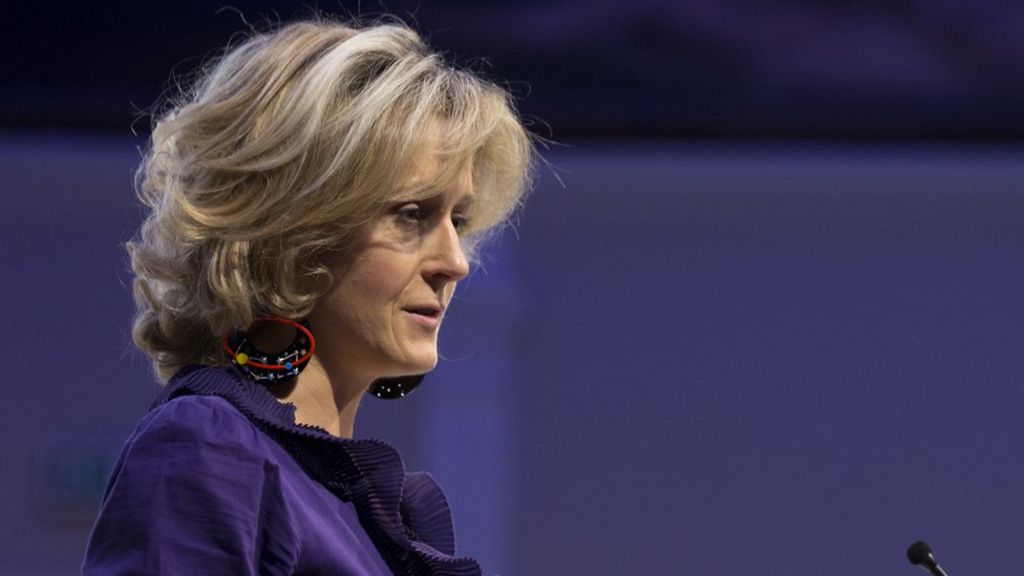Internet 'having Midlife Crisis', Says Baroness Lane-Fox

 Image copyright
Oli Scarff
Image copyright
Oli Scarff
The rise of cyber-bullying and monopolistic business practices has damaged trust in the internet, pioneering entrepreneur Baroness Lane-Fox has told the BBC.
The Lastminute.com founder also called for a "shared set of principles" to make the web happier and safer.
She said the internet had done much good over the last 30 years.
But she said too many people had missed out on the benefits and it was time to "take a step back".
"The web has become embedded in our lives over the last three decades but I think it's reached an inflexion point, or a sort of midlife crisis," she told Radio 4's Today programme.
Baroness Lane-Fox co-founded travel booking site Lastminute.com in 1998 before going on to sell the firm for £577m seven years later.
She described the early days of the internet as being "full of energy and excitement", and akin to the "wild West".
"There was this feeling that suddenly, with this access to this new technology, you could start a business from anywhere," she said.
Tech 'minnow'
However, she said that while technology had become a hugely important sector of the UK economy, it had not fulfilled its early potential.
While the web had given people access to the "the world's knowledge" and enhanced communication, huge numbers still did not use the internet.
She added that the UK's technology sector remained an "absolute minnow" compared with that of the US.
"More importantly, perhaps a handful of Western companies control a huge amount of our experience of the internet - Apple, Facebook, Google and Amazon - and that is different to how I imagined," she said.
The baroness, who is also a Twitter board member, lamented the negative effects of social media sites on some young people's self-esteem.
And she said many people had begun to question the commercial motives of the major internet platforms, arguing they needed to be more transparent.
In response, she said there needed to be a Geneva Convention-style charter of internet good practice for web firms to sign up to.
She said the UK government's proposal for a Digital Charter would be a good place to start, and argued that the web giants would back such an idea.
"I think an agreed set of principles is in the interest of those big companies. They want all of us to keep enjoying and using their products and services."
From Chip War To Cloud War: The Next Frontier In Global Tech Competition
The global chip war, characterized by intense competition among nations and corporations for supremacy in semiconductor ... Read more
The High Stakes Of Tech Regulation: Security Risks And Market Dynamics
The influence of tech giants in the global economy continues to grow, raising crucial questions about how to balance sec... Read more
The Tyranny Of Instagram Interiors: Why It's Time To Break Free From Algorithm-Driven Aesthetics
Instagram has become a dominant force in shaping interior design trends, offering a seemingly endless stream of inspirat... Read more
The Data Crunch In AI: Strategies For Sustainability
Exploring solutions to the imminent exhaustion of internet data for AI training.As the artificial intelligence (AI) indu... Read more
Google Abandons Four-Year Effort To Remove Cookies From Chrome Browser
After four years of dedicated effort, Google has decided to abandon its plan to remove third-party cookies from its Chro... Read more
LinkedIn Embraces AI And Gamification To Drive User Engagement And Revenue
In an effort to tackle slowing revenue growth and enhance user engagement, LinkedIn is turning to artificial intelligenc... Read more

